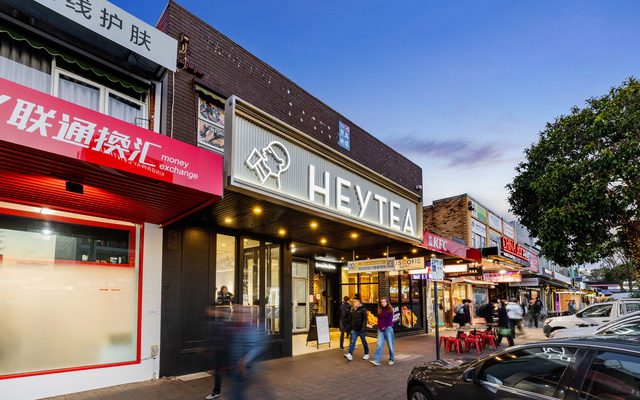This article is from the Australian Property Journal archive
Dummy bidding is false bidding. It is done to fool genuine buyers into thinking real buyers are bidding. But, as you will see, dummy bidding is also used to get sellers to lower their prices.
Dummy bidding happens in two ways. First, an auctioneer calls out bogus bids, pretending someone in the crowd has made the bids. Second, stooges are planted in the crowd who call out bids. It happens at thousands of auctions. But for years the public message from the industry has been that it is “isolated” or even to deny it.
When dummy bidding first hit the headlines back in 2000, the CEO of the Real Estate Institute of Victoria, Enzo Raimondo, told ABC Radio, “I’m not sure what is meant by dummy bids.”
The reality comes to light
With the boom and the increased interest in property, it has become impossible for the industry to deny what has been known for years – dummy bidding is rampant. It always has been.
Many agents pay dummy bidders to attend auctions. Until recently, the deceit had become so blatant that some agents were even sending invoices to sellers for the cost of dummy bidders.
The public exposure of dummy bidding drew a common corporate response to questionable methods – change the name. Just as gambling is called “gaming”, dummy bidding is called “vendor bidding”.
Enzo Raimondo repeated the common excuse: that vendor bidding is “protecting the vendor’s interest”. Agents claim that dummy bids are only made below the reserve price so that homes will not be undersold.
Then why have them?
If the property is not going to be sold below the reserve price, the auction can just start at the reserve price.
To most consumers, the standard arguments in support of vendor bidding don’t make sense. There must be other reasons, reasons they are not being told. And there are.
A major reason agents start the bidding below the reserve price is because they have been under quoting the price to buyers. If the reserve is $800,000 the agents may have told buyers “bidding to start from $700,000”. Imagine the reaction of buyers if the auctioneer said, “Ladies and gentlemen, the reserve price is $800,000. That is the lowest the seller is prepared to accept, so we will start bidding at $800,000.” The buyers would know instantly that they had been duped.
If auctions began at the reserve price, then, by the agents’ own admission, there would be no need for dummy bidding. But less buyers would be lured to auctions by the falsely quoted cheap prices. Auctions would not work as well for the agent. Real estate auctions depend on deceit.
Dummy bidding is a fraud on all consumers. Many consumers may not understand it completely, but they do understand one thing – it doesn’t feel right. As Marsha Bertrand, author of Fraud! How to Protect Yourself from Schemes, Scams and Swindlers, points out, “Often when [consumers] don’t understand something, they think it’s because they’re stupid. But the truth is that they don’t understand something because it doesn’t make sense.”
How dummy bidding traps Sellers
Agents use the dummy bidders to get the bidding up to the price at which they feel the sellers will crack. If there is only one genuine buyer at an auction – which is often the case – the agents will want to sell the home to that buyer, whatever the price. But, without dummy bidders, they will not be able to get the auction going.
With dummy bidding, the sellers have no idea that there is only one genuine bidder. They see the crowd, they hear lots of bidders and they think, “With all these ‘buyers’, this must be the best price for my home.” This is exactly what agents want sellers to think.
As it becomes harder to get more bids from real bidders, the auction will slow down. The agent will pause the auction at a real bid and then pressure the sellers to lower their reserve. As one industry textbook teaches agents, “You shouldn’t worry if the reserve seems a little high because when the bidding slows down, the reserve can be lowered immediately to the amount of the highest bid.”
Agents start bidding below the reserve price because they intend to make sales below the reserve price. It’s a fairly obvious point that most sellers don’t understand – until it’s too late.
If bidding began at the reserve price this would protect the sellers. But the agents use dummy bidding to manipulate sellers into lowering their prices. As Douglas Rushkoff, author of Coercion, explains, “The better and more sophisticated the manipulation, the less aware of it we are.”
A dummy bid is to an auction what a spark plug is to an engine. Remove the dummy bid and, if there is only one buyer, the auction won’t go far.
The only people who should bid on a home are genuine buyers. This would remove the deceit from auctions. Many agents claim that banning vendor bidding will “destroy the auction system”. They are right.
Take out the deceit and the auction system collapses.
*Neil Jenman is a real estate authority and author. The above article is an edited and updated extract from the book, Don’t Sign Anything!



